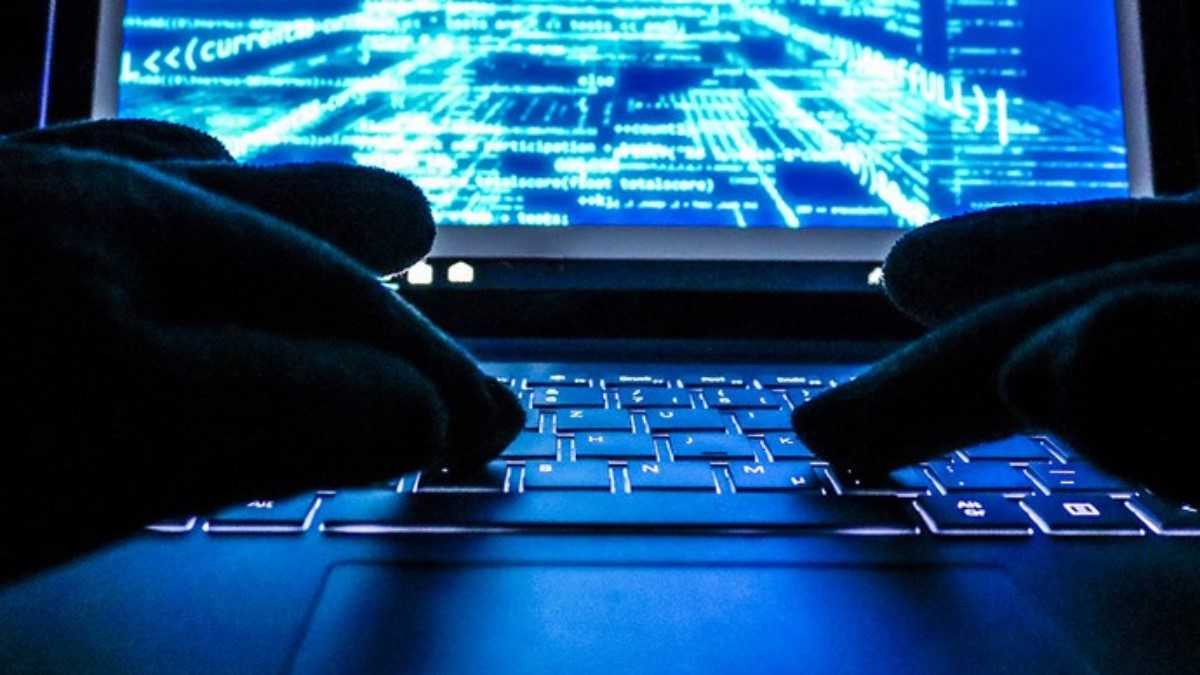The measure expands defense against digital threats and strengthens national sovereignty. The country will have an updated plan for preventing and responding to cyber incidents.
 Among the measures are awareness-raising actions for safe internet use, with special attention to children, the elderly and people in vulnerable situations.
Among the measures are awareness-raising actions for safe internet use, with special attention to children, the elderly and people in vulnerable situations.
President Luiz Inácio Lula da Silva signed Decree No. 12,574, establishing the new National Cybersecurity Strategy (E-Ciber). The goal is to strengthen the protection of citizens, businesses, and public institutions against digital threats, as well as to expand Brazil's capacity to prevent, respond to, and recover from cyber incidents. The measure was published in Official Diary of the Union this Tuesday (5/8).
E-Ciber is structured around four thematic areas: protection and awareness of society; security and resilience of essential services and critical infrastructure; cooperation and integration between public and private agencies; and national sovereignty and governance. The planned actions will be detailed in the upcoming National Cybersecurity Plan, which will include specific initiatives, timelines, and governance mechanisms.
The measures include raising awareness about safe internet use, with special attention to children, the elderly, and people in vulnerable situations; strengthening the security of strategic sectors such as energy, telecommunications, and healthcare; encouraging international cooperation in combating cybercrime; and encouraging the training and qualification of Brazilian professionals in this field.
COMMITTEE — The Strategy will be coordinated by the National Cybersecurity Committee (CNCiber), created in December 2023 and chaired by the Institutional Security Office of the Presidency of the Republic, with the participation of public bodies and representatives of society.
CNCiber comprises 25 institutions, 16 of which are linked to the government and 9 represent society (three entities related to digital rights, three science and technology, and three business). According to the E-Ciber decree, the approximately 40 strategic actions planned will be broken down into strategic initiatives outlined in National Cybersecurity Plans, which are periodically updated by the committee.
This measure represents a significant advance in cybersecurity and the resilience of essential services and critical infrastructure, and an important step towards the country's digital sovereignty.
Source: https://agenciagov.ebc.com.br/













